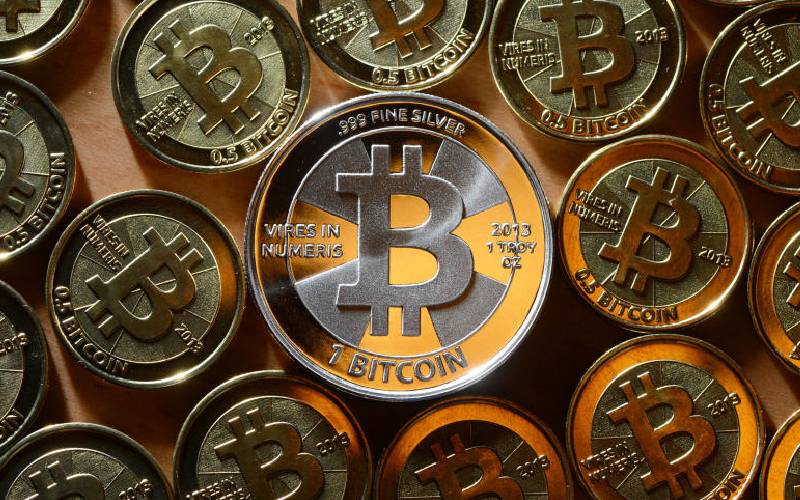×
The Standard e-Paper
Kenya’s Boldest Voice

Many cryptocurrencies are decentralized networks based on Blockchain technology. [Courtesy]
When Lawrence Mberi and Louis Kaptich first heard of cryptocurrency back in 2010 and 2016 respectively, both of them did not care much for it. This is despite Bitcoin - the world’s largest cryptocurrency by market capitalisation - having debuted in 2009 with a lot of fanfare.